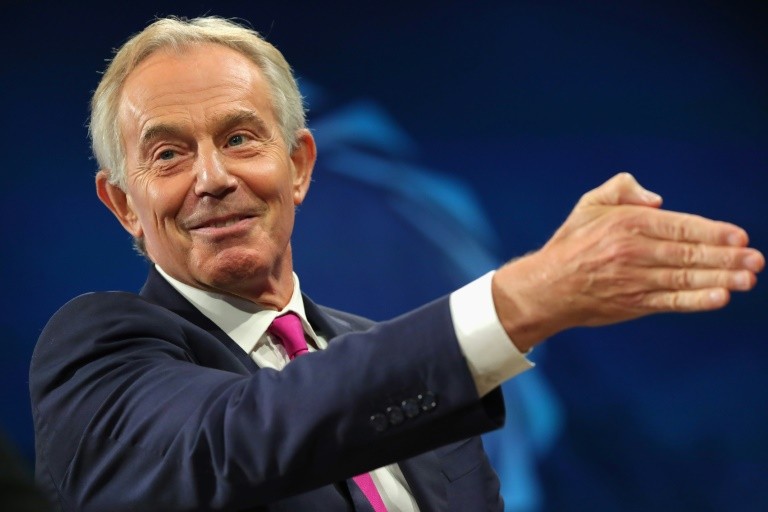Brexit: Towards the Organization of a Second Referendum in the United Kingdom?

Will the United Kingdom go to the polls a second time to decide on the country’s membership of the European Union? The idea is making its way to the land of Brexit.
After two years of government quarrels and other parliamentary dissensions over the Brexit, the idea that only a new referendum will be able to decide on the future of the country is making its way to the United Kingdom .
Former Minister of Education Justine Greening became Monday one of the most influential supporters of organizing such a poll, known as “People’s Vote”, and who, little by little, rallies more and more supporters.
“The only way out of the impasse is to withdraw the final decision on the Brexit from the hands of the politicians, (…) and return it to the people.”
Its position comes after the Conservative government’s publication of the “Checkers Plan”, a proposal to maintain close trade ties with the continent after Brexit, scheduled for the 29th March, 2019.
The project provoked government resignations and threats of rebellion among Eurosceptic deputies, raising fears among some European diplomats that London would never finally be able to reach an agreement on divorce.
Fervent defender of the European Union, former Labor Prime Minister Tony Blair has given voice this weekend to also call for a new vote, saying that the executive would never have the support necessary to implement its “Checkers plan”.
“We are stuck. In any rational world, (…) it would be up to the people to make the decision.”
The idea of a new referendum, after that of the 23rd June, 2016 that had decided to 52% of the exit of the EU , is also supported by former Conservative Prime Minister John Major, by former Deputy Prime Minister Nick Clegg, a centrist and former Labour Foreign Minister David Miliband.
Change in opinion
Beyond the positions taken, the movement for a second referendum is being organized: at the end of June in London, tens of thousands of people have demonstrated to ask for a vote on the final conditions for the withdrawal of the United Kingdom. Kingdom of the EU.
In April, nine pro-EU organizations launched a joint campaign to promote a new consultation which, in concrete terms, would either agree to Theresa May’s orientations or remain in the EU.
Tony Blair and Justine Greening are pushing for a third option on the ballot: the possibility of leaving the EU without agreement with Brussels, a path also defended by some pure Brexiters.
Labour opposition, not spared Brexit divisions, has so far refused to rule out a new referendum, unlike Theresa May. “Under no circumstances,” insisted Monday, by the spokesman of the Prime Minister.
A change is however noticeable in public opinion: according to the YouGov Institute, the percentage of people who believe that Brexit was not the right decision is now higher than that of people who think otherwise.
Some opponents of a new referendum are also beginning to think that this might be the right way out of the almost daily state of crisis in which the British executive finds himself.
William Hague, an influential figure of conservatives, warned eurosceptics last week by saying that this solution would become inevitable in case of rebellion against the prime minister.
“We’re getting to the point where they’re endangering everything they’ve tried to get,” he said on the BBC, citing different scenarios for the future: “no Brexit, Brexit rejected, indefinitely, change of government, second referendum … ”
One of Brexit’s most ardent defenders, Nigel Farage, former leader of the Europhobe party Ukip, has himself raised a new vote . Based on a confirmation of the Brexit, he felt that it would reduce the silence of the “jeremiads” of each other. Before going back.

Enjoyed this? Get the week’s top France stories
One email every Sunday. Unsubscribe anytime.


